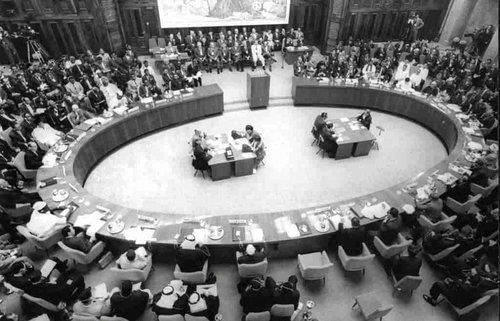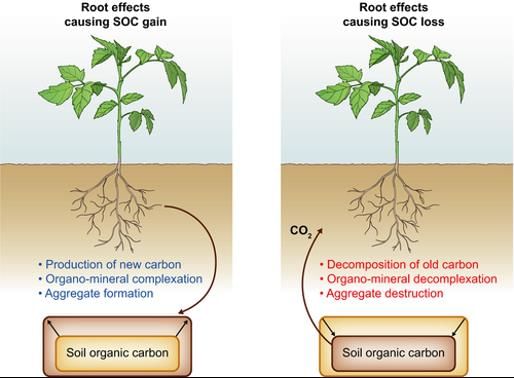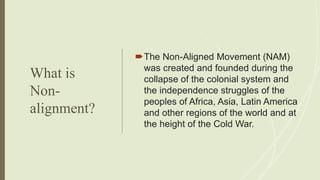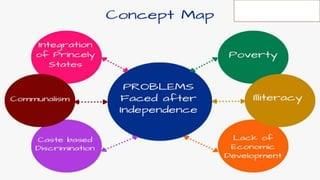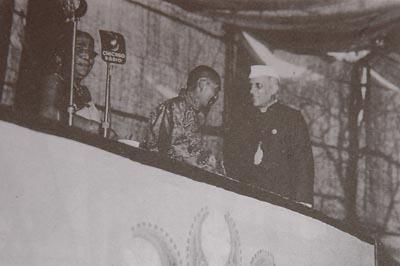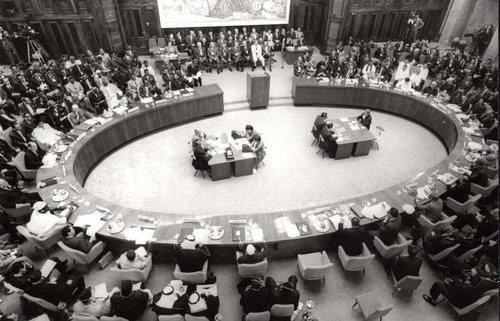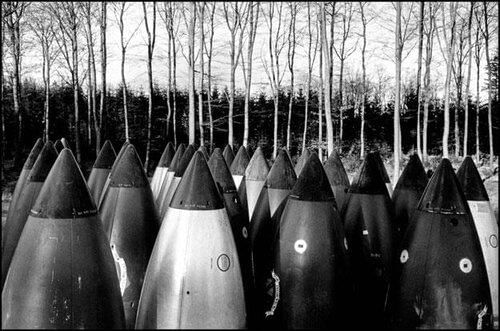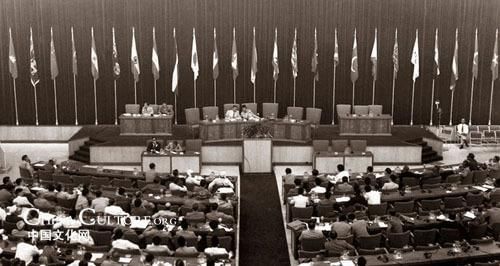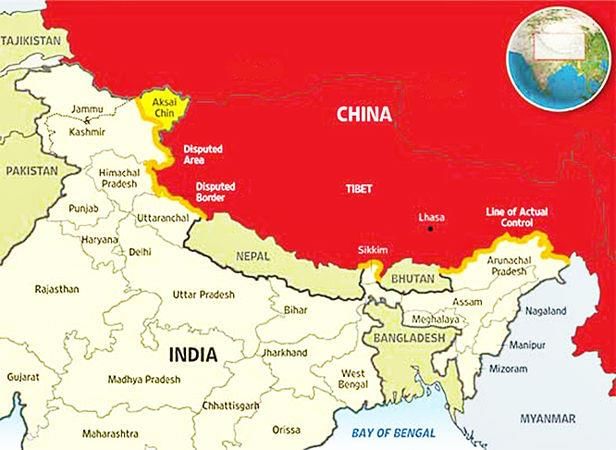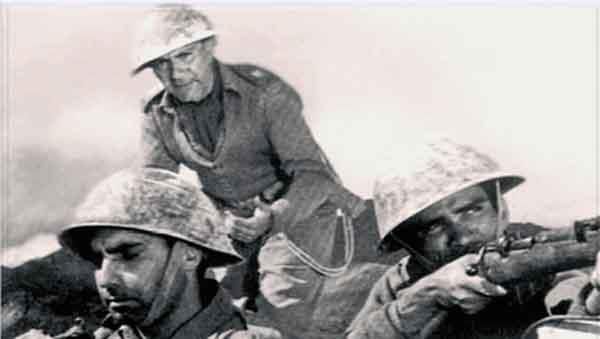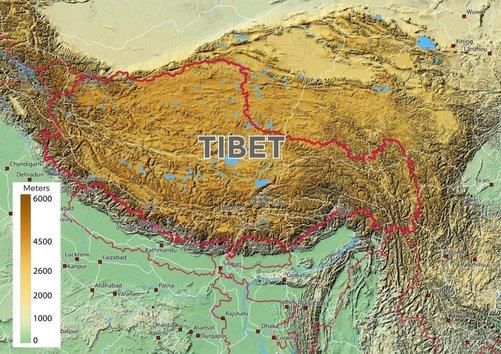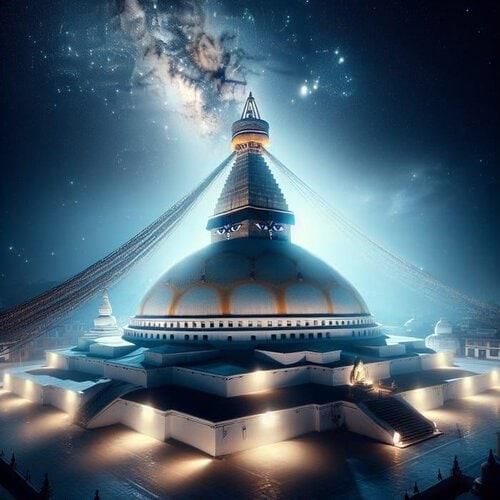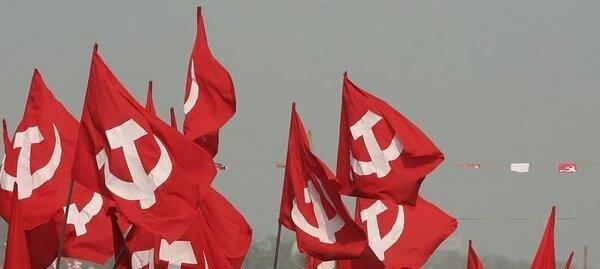|
What were the primary challenges India faced as an independent nation-state in the post-World War II context? |
Card: 1 / 50 |
|
India faced challenges such as post-war reconstruction, the formation of international bodies, the emergence of new nations, and the dual issues of welfare and democracy. 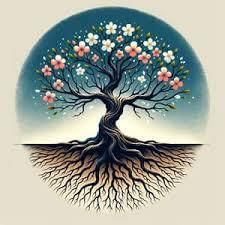 |
Card: 2 / 50 |
|
True or False: India's policy of non-alignment was a direct response to the Cold War dynamics. |
Card: 3 / 50 |
|
Fill in the blank: India's partition introduced pressures related to ___ and ___ disputes. |
Card: 5 / 50 |
|
What impact did the wars of 1962, 1965, and 1971 have on India's internal politics? |
Card: 7 / 50 |
|
These wars influenced national unity, defense policies, and the government's approach to external relations and internal stability. 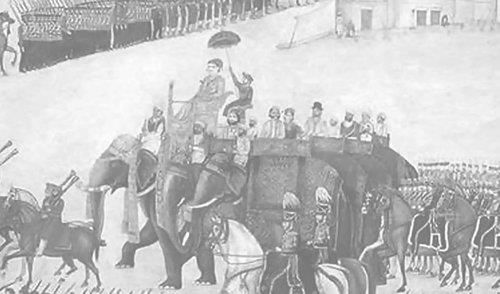 |
Card: 8 / 50 |
|
Multiple Choice: Which of the following was NOT a challenge faced by India after gaining independence? A) Poverty alleviation B) Post-war reconstruction C) Establishing a monarchy D) International disputes |
Card: 11 / 50 |
|
What role does a nation's domestic environment play in shaping its foreign policy? |
Card: 13 / 50 |
|
A nation's domestic environment influences its foreign policy by reflecting internal priorities, political stability, and societal needs, which interact with external pressures and relationships. |
Card: 14 / 50 |
|
What was the main objective of India's foreign policy under Nehru from 1946 to 1964? |
Card: 15 / 50 |
|
The main objective was to preserve sovereignty, protect territorial integrity, and foster rapid economic development through a strategy of non-alignment. 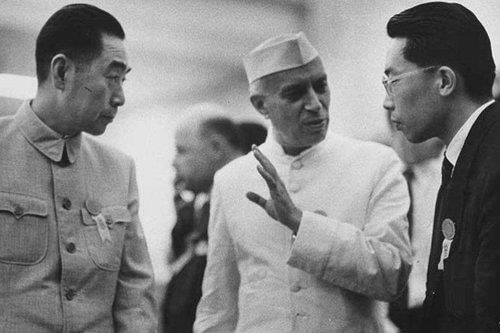 |
Card: 16 / 50 |
|
Fill in the blanks: India organized the Asian Relations Conference in ___ under the direction of ___ in March 1947. |
Card: 17 / 50 |
|
True or False: India's non-alignment strategy was well received by the United States during the 1950s. |
Card: 19 / 50 |
|
False. India's independent stance and non-alignment strategy created tension in Indo-US relations. |
Card: 20 / 50 |
|
Riddle: I was established to unite newly independent nations and oppose colonialism, and my first summit was in Belgrade. What am I? |
Card: 21 / 50 |
|
Which two global developments influenced India's foreign policy during the Cold War? |
Card: 23 / 50 |
|
Fill in the blank: The Bandung Conference, which led to the foundation of the NAM, took place in ___ in ___ year. |
Card: 25 / 50 |
 Unlock all Flashcards with EduRev Infinity Plan Starting from @ ₹99 only
|
|
Multiple Choice: What was one of the factors that contributed to India's tension with the US in the 1950s? A) The Cold War B) India's military alliances C) India's stance on racism D) None of the above |
Card: 27 / 50 |
|
A) The Cold War, and C) India's stance on racism. India's independent foreign policy during the Cold War created tensions with the US. 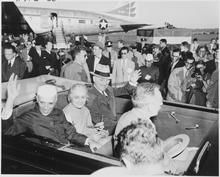 |
Card: 28 / 50 |
|
What role did the Indian National Army (INA) play in India's freedom struggle? |
Card: 29 / 50 |
|
The INA exemplified the connection between India and overseas Indians, highlighting the unified struggle against colonial rule. 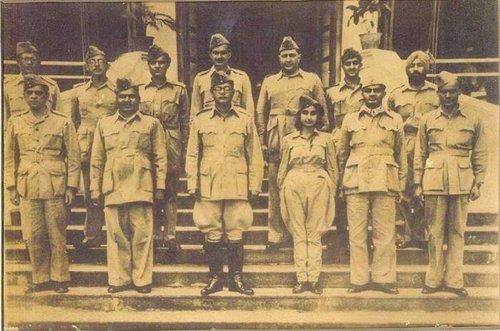 |
Card: 30 / 50 |
|
What were the five principles outlined in the Panchsheel Agreement between India and China? |
Card: 31 / 50 |
|
The five principles of peaceful coexistence outlined in the Panchsheel Agreement are: mutual respect for territorial integrity and sovereignty, mutual non-aggression, mutual non-interference in each other's internal affairs, equality and mutual benefit, and peaceful coexistence. 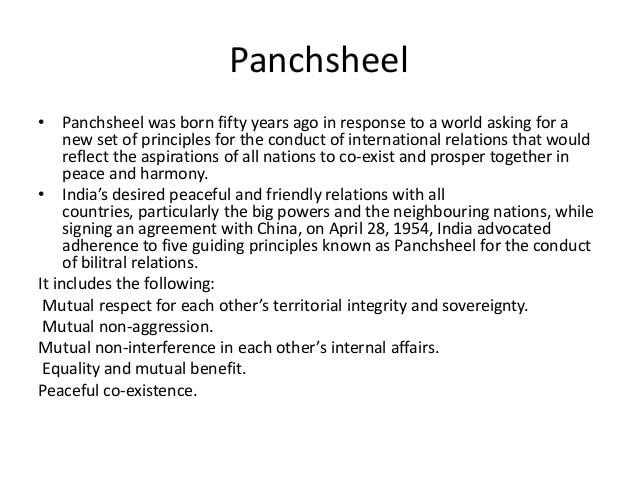 |
Card: 32 / 50 |
|
Fill in the blank: The 1962 Sino-Indian War was primarily triggered by territorial disputes in the regions of ___ and ___. |
Card: 33 / 50 |
|
True or False: The Soviet Union actively supported India during the 1962 Sino-Indian War. |
Card: 35 / 50 |
|
What was the significance of the Dalai Lama receiving asylum in India in 1959? |
Card: 37 / 50 |
|
The Dalai Lama receiving asylum in India worsened relations between India and China, as it was seen as India's support for Tibetan autonomy against Chinese control. 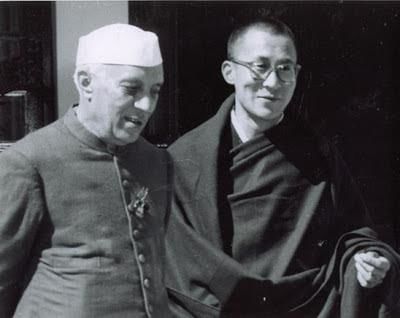 |
Card: 38 / 50 |
|
Riddle: I am a region that has caused tension between two nations, and I am also known for my high altitude. What am I? |
Card: 39 / 50 |
|
The 1962 war led to a feeling of national humiliation in India but also fostered a sense of nationalism among its citizens. 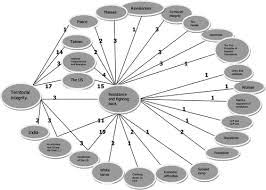 |
Card: 42 / 50 |
|
Fill in the blank: The Panchsheel Agreement was signed on ___ between Indian Prime Minister Nehru and Chinese Premier Zhou Enlai. |
Card: 43 / 50 |
|
What were the main concerns of Indian leaders like Vallabhbhai Patel regarding China? |
Card: 45 / 50 |
|
Vallabhbhai Patel and other leaders were worried about possible Chinese aggression and territorial expansion, despite Nehru's optimism about peaceful relations. |
Card: 46 / 50 |
|
What was the significant political event that marked a challenge to the government during the early years of Indira Gandhi's leadership? |
Card: 47 / 50 |
|
The introduction and debate of a no-confidence motion in the Lok Sabha against her government. 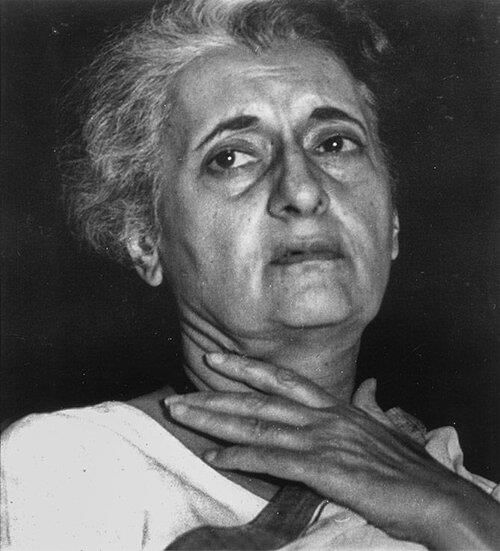 |
Card: 48 / 50 |
|
Fill in the blanks: The Communist Party of India split in 1964, leading to the formation of the ___, which was pro-China. |
Card: 49 / 50 |





